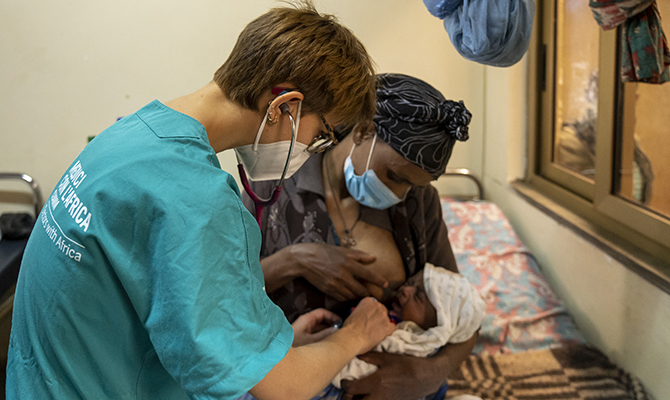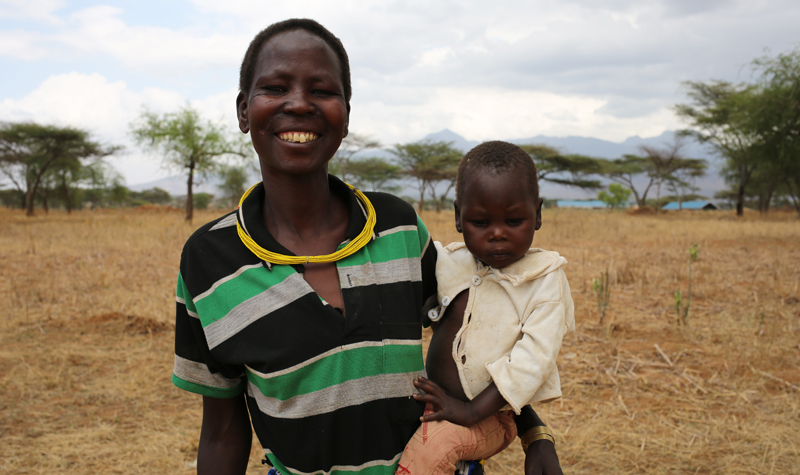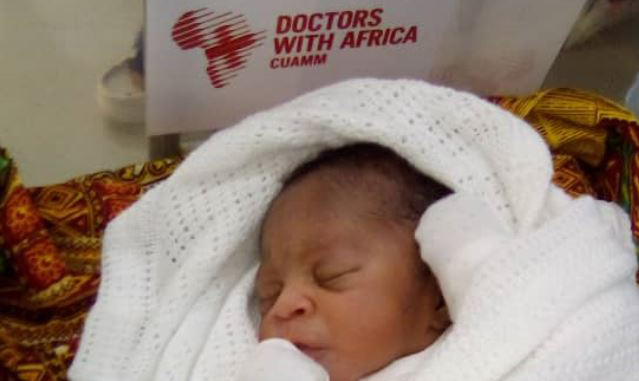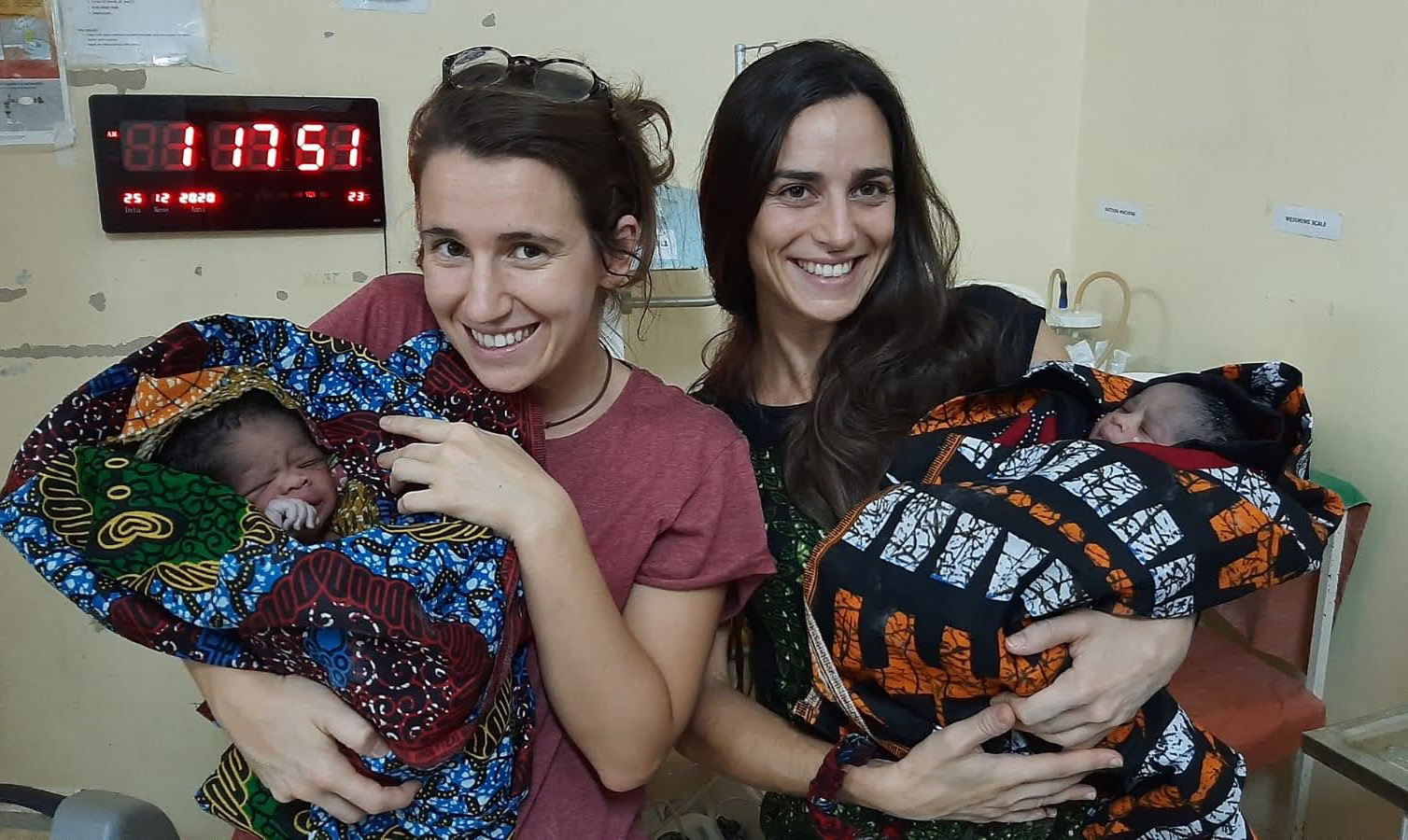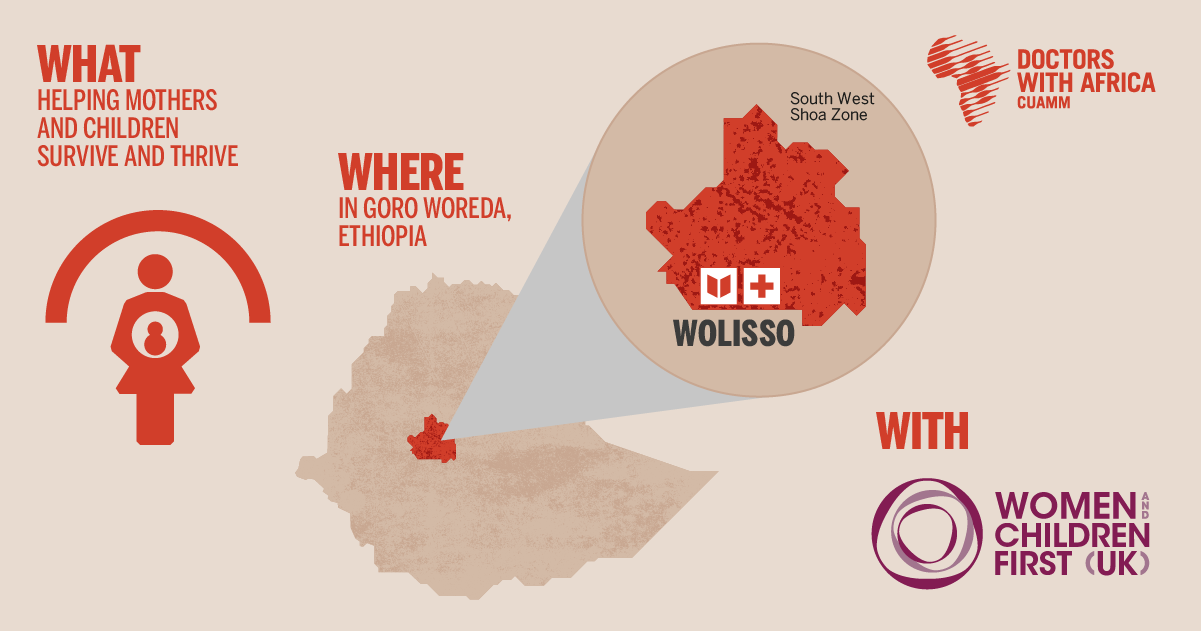Once again this year, Doctors with Africa CUAMM takes part in the World Breastfeeding Week, an initiative launched by the World Alliance for Breastfeeding Action (WABA), a global network of individuals and organisations (including Unicef, WHO, FAO) that protect, support and promote breastfeeding as a universal right, in line with the Sustainable Development Goals. Doctors with Africa CUAMM adopts the motto “Protecting breastfeeding: a responsibility to be shared“, words that find concrete expression in the promotion and support of a series of initiatives to raise awareness and educate on the importance of exclusive breastfeeding, particularly during the first six months of a child’s life, which is crucial for the health, wellbeing and development of women and children and therefore of society as a whole. The promotion and support of breastfeeding must be considered a public health issue, a collective responsibility that requires investment at all levels. This week represents a further opportunity for CUAMM to strengthen the work done in the various countries where it has been working for years, also in the framework of the project “Mothers and children first. 1,000 days”.
From Tanzania to South Sudan and Sierra Leone, there are many activities organised by local authorities and institutions and supported by Doctors with Africa CUAMM in compliance with anti-Covid measures: radio awareness-raising talk shows on the theme of breast-feeding, food demonstrations for the preparation of nutritious and healthy food, and gardening sessions for the cultivation of local foods.
“Breastfeeding counselling can help mothers to be more confident in facing motherhood, always with a focus on their condition and personal choices. With support from trained professionals, both in health centres and through home visits, we try to prevent feeding and care practices that can interfere with breastfeeding, such as giving unnecessary liquids, foods and breastmilk substitutes to infants and young children” says Felicia, project manager of the Saving Lives programme in Sierra Leone. During the COVID-19 pandemic, it is even more important that we find innovative solutions to ensure that access to these essential services is not interrupted and that families continue to receive the breastfeeding counselling they need.
“The situation in Bonthe and Pujehun district needs specific intervention as the rate of early initiation of breastfeeding within one hour of birth and exclusive breastfeeding are 47.5% and 45.7% in Bonthe, and 52.7% and 61.3% in Pujehun, while the figure at the national level is at 56.8% and 61.6% respectively (SLNNS 2017) – continues Felicia -. Hence the need to generate greater awareness among people about the proactive role of breastfeeding.”
According to an article published in ‘The Lancet’, the spread and promotion of breastfeeding can prevent 20,000 maternal deaths and 823,000 child deaths per year, as well as reduce economic losses and the burden on countries’ health systems. Therefore, protecting and promoting breastfeeding is a major challenge, a shared responsibility that calls on each of us to do our part for the well-being of society as a whole.

